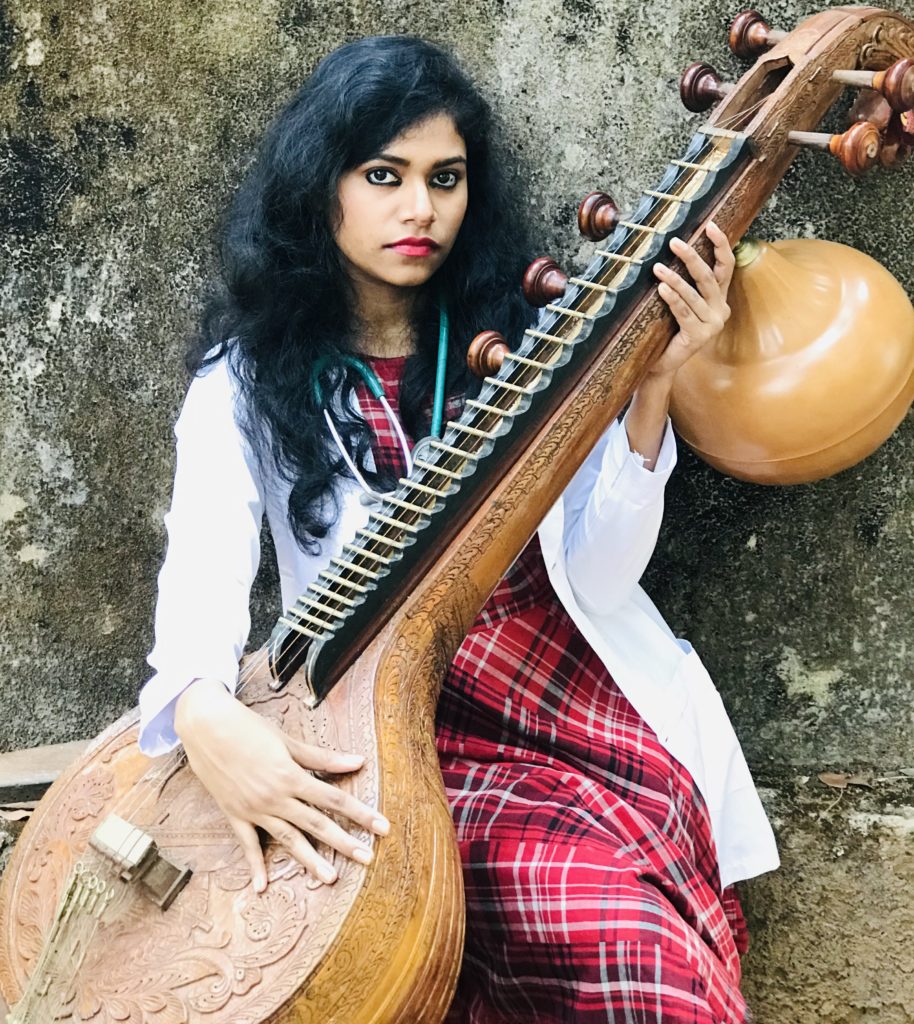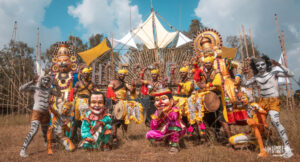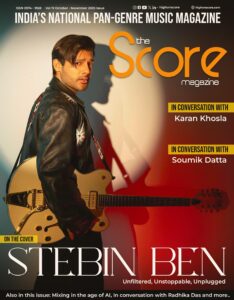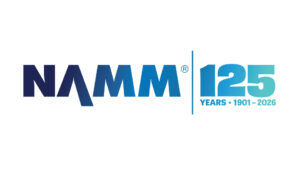Marriage Between Music and Modern Medicine: The Hurdles in India – Score Short Reads
In 1999, a critical study published in Nature Neuroscience reported that music modulates the amygdala activity, the structure in the brain whose dysfunction is partly associated with pathologic anxiety and depression.
The activity of core structures of emotion processing was also modulated by music, and that’s the basis of how music evokes emotions. This might be the empirical basis for using music therapy (MT) interventions.
That said, there is a sharp distinction between music and music therapy interventions. According to the American Music Therapy Association (AMTA), music therapy is the clinical and evidence-based use of music interventions to accomplish individualized goals within a therapeutic relationship by a credentialed professional who has completed an approved MT program.
The last few decades saw burgeoning evidences that attest to the positive impact of musical interventions in reducing pain, anxiety, and stress among patients belonging to a broad spectrum of illnesses.
While there is heterogeneity in the research methods of randomized controlled trials (RCTs) conducted worldwide over the years, all of them conclude that MT reduces anxiety and stress in patients. Musical interventions has a significant positive impact on memory and orientation among Alzheimer’s patients and social interaction, verbal communication among autism spectrum disorder, gait improvement and symptom alleviation in Parkinson’s disease.

It was found to help reduce mood disturbance among autologous stem cell transplant patients. There have been researches that showed that musical interventions were effective in reducing preoperative anxiety in cancer surgeries.
India has 2 substantial voids in ingraining music into healthcare infrastructure as per the definition of AMTA.
- Lack of evidence-based music interventions. Blinded RCTs among a large cohort of patients conducted in phases are the gold standard of scientific studies as they have limited bias. The existing approved musical interventions are neither the studies performed on a large number of Indian patients nor the interventions are the music tailored to Indian population.
- National Medical Commission (NMC/previously MCI-Medical Council of India) has not assigned a physician-physician musician-musician fraternity to design an academic MT training curriculum and board certification guidelines.
India houses an extensive repertoire of musical genres; classical, folk, cinema playback tracks, independent music, cultural and religious music, and hundreds of musical instruments.
In a day, around a thousand cancer patients visit a regional cancer center on average, and annually, we also have thousands of young skilled classical music students graduating from prestigious universities.
If we could use their prowess, either for passive live music sessions in the hospitals (therapeutic MT) or for clinical MT after their board certification from NMC accredited training programs.
We have 3 major milestones to accomplish.
- Statistically significant evidences from RCTs with musical interventions tailored to Indian population.
- A fraternity with physician-musicians, physicians and musicians appointed by the NMC, to lay down academic MT training curriculum.
- Incorporating music into the healthcare infrastructure and recruiting Indian board certified music therapists into specialties where they are part of the primary treatment team.
The goals are reachable. I am assured that sooner or later, there will be a day in India, where a patient will wait in the hospital listening to passive live music and they receive a music therapist’s service from day one along with their standard treatment.
Do Follow –







